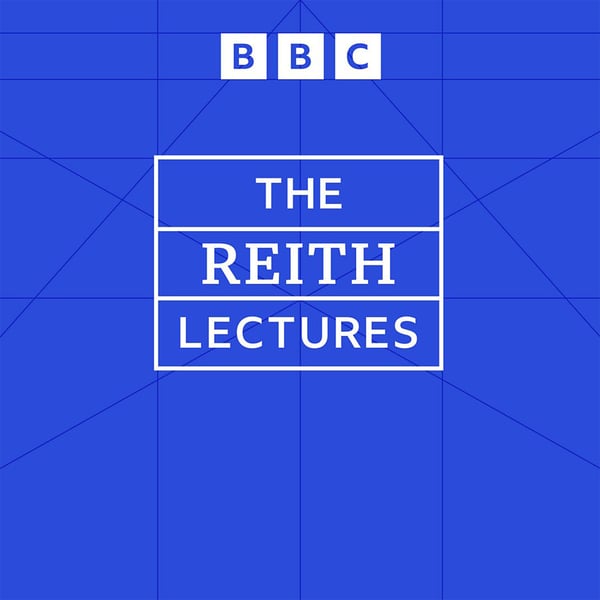Summary
The philosopher and cultural theorist Kwame Anthony Appiah argues for a world free of racial fixations.
He tells the story of Anton Wilhelm Amo Afer. He was five years old when he was brought from the Gold Coast to Germany in 1707, educated at a royal court and became an eminent philosopher. He argues that this elaborate Enlightenment experiment illuminates a series of mistaken ideas , including that there is a "racial essence" which all members of that race carry. Modern science long ago disproved this, as almost all of the world's genetic variation is found within every so-called racial group. Instead, "race is something we make; not something that makes us."
The lecture is recorded in front of an audience at the British Council in Accra, Ghana. The series is presented and chaired by Sue Lawley
The producer is Jim Frank.
Transcript
Click on a timestamp to play from that location
| 0:00.0 | Hello and welcome to the third of this year's BBC Reith Lectures. We're in Accra, the capital of Ghana, |
| 0:07.0 | the country where our lecturer spent much of his childhood. He's a philosopher and his subject is identity. |
| 0:14.0 | What are the forces that make us who we are? In the first two lectures he explored religion or creed and nationhood, country. In his third |
| 0:25.0 | lecture, he moves on to race or to keep the alliteration color. As the son of an English mother |
| 0:30.9 | and Garnay and father, he knows at first hand how the color of your skin can affect the way you |
| 0:37.0 | look at the world and, possibly |
| 0:39.3 | more importantly, the way the world looks at you. Our lecture is taking place at the British |
| 0:45.6 | Council, an organisation that exists to build bridges between Britain and the outside world. |
| 0:51.4 | But can building bridges ever close the gap between people who feel |
| 0:56.3 | themselves to be different or are regarded as different simply because of the color of their |
| 1:01.7 | skin? Even in countries that like to pride themselves on their tolerance, such as America and |
| 1:06.8 | Britain, race is a constant and often divisive presence. |
| 1:11.5 | These are tricky waters to navigate. |
| 1:14.1 | As our lecturer has observed, the currents of identity can sometimes tug us excruciatingly in opposite directions. |
| 1:22.2 | To dig deeper into this complex issue, please welcome the BBC Reith Lecturer 2016, Kwame Anthony Appiah. |
| 1:35.3 | So thank you very much, Sue, and thank you all very much for coming. |
| 1:45.4 | It's great to be here with so many familiar faces in the audience. |
| 1:49.0 | I'm glad that I've got my family represented, and I'm very honored by the presence of my friend, |
| 1:55.9 | John Kufour, and so many others of you. |
| 2:00.0 | In 1707, a boy, about five years old, boarded a ship at Axim on the |
| 2:06.7 | African Gold Coast, a long morning's drive west from Accra, where we meet today. The ship belonged to |
| 2:14.8 | the Dutch West India Company, and after many grueling weeks, it arrived in |
... |
Please login to see the full transcript.
Disclaimer: The podcast and artwork embedded on this page are from BBC, and are the property of its owner and not affiliated with or endorsed by Tapesearch.
Generated transcripts are the property of BBC and are distributed freely under the Fair Use doctrine. Transcripts generated by Tapesearch are not guaranteed to be accurate.
Copyright © Tapesearch 2025.

